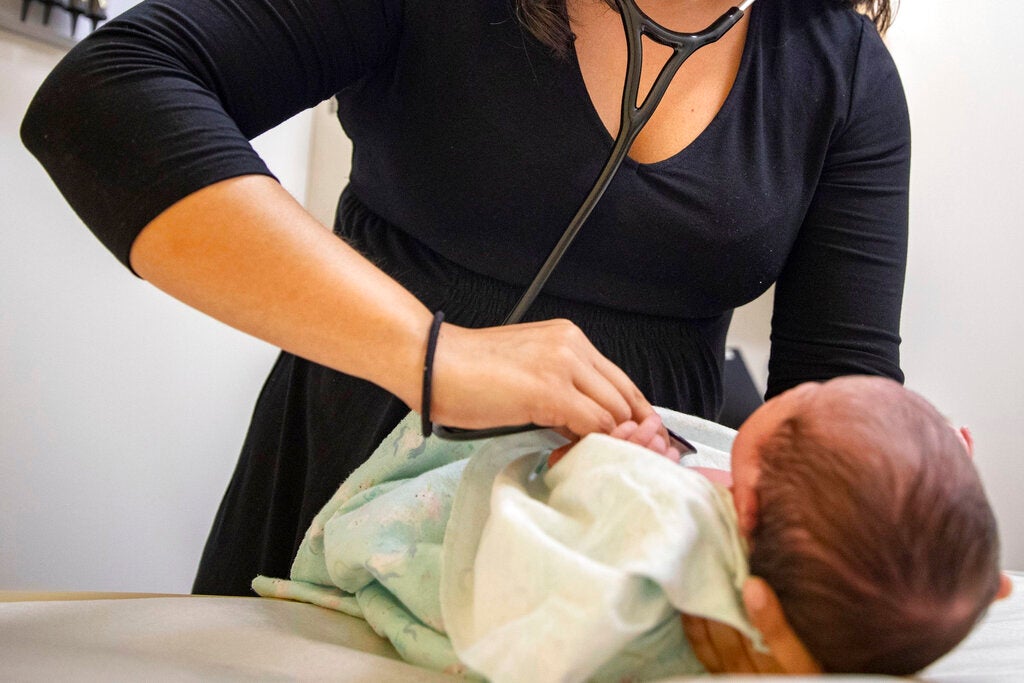Hospitals across the country are dropping out of a federal program designed to improve patient care and cut costs. They cite concerns about the bottom line, but at least two Wisconsin hospitals plan to stick with it.
Accountable Care Organizations, or ACOs, are part of Obamacare and are designed to coordinate patient care and lower costs through improvement. UW Health has been a part of an ACO for four years called the Medicare Shared Savings Program.
Dr. Jonathan Jaffery leads UW Health’s ACO.
Stay informed on the latest news
Sign up for WPR’s email newsletter.
“MMSP has done a really great job of lifting up some low-performing organizations, to raise their quality scores and to bring down their costs, but it’s been less successful at providing opportunities for high-performing organizations to invest in ways to get even better,” he said.
Jaffery said so far expensive investments made under the ACO haven’t led to cost savings, and UW will likely switch to a different ACO, the Next Generation, in 2017. That ACO allows high-performing health systems, like UW, to share in the savings that improvements produce.
“We have to find something,” Jaffery. “We’re not looking for this to be a huge money maker, but it does have to be financially sustainable so we can keep doing it.”
Bellin Health, which serves the Green Bay area, has been in two different ACOs. Under Medicare’s Pioneer ACO with ThedaCare, Bellin’s chief financial officer, James Dietsche, said they did well.
“We actually saved the federal government over $15 million over the three years,” Dietsche said. “We generated significant shared savings, and we had the highest quality of any Pioneer (ACO) in the country.”
ACOs recently made news when one of the health systems that helped devise them dropped out. The teaching hospital for Dartmouth College faced mounting financial losses in the program, leading some to question the future of ACOs. But UW Health’s Jaffery said the goals of the ACOs are good, and such programs, or similar ones, are likely to continue. Dietsche agreed.
“ACOs is just a term. I think what’s here to stay is population health,” Dietsche said. “The cost of health care is simply too high. Our nation can’t afford it. Employers in our community (say) they want to have benefit for what they’re paying for, so I think population health is here to stay.”
Medicare has more than 400 accountable care organizations across the country.
Wisconsin Public Radio, © Copyright 2024, Board of Regents of the University of Wisconsin System and Wisconsin Educational Communications Board.




